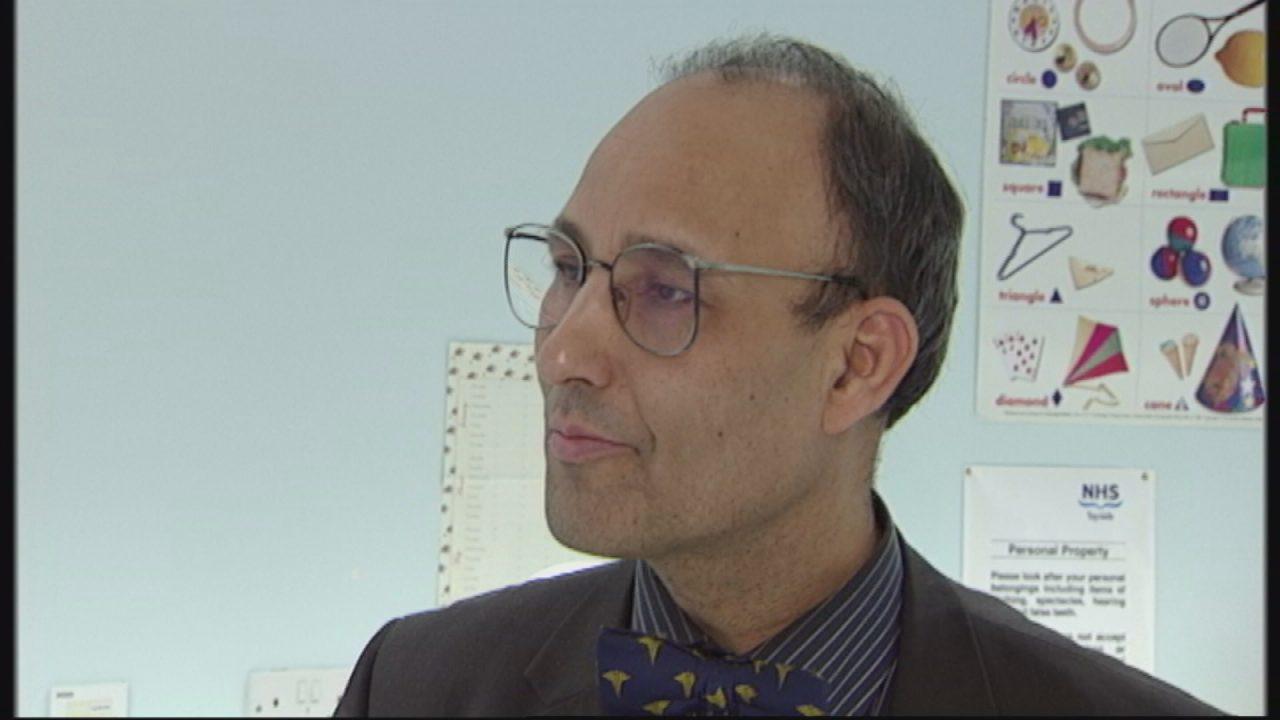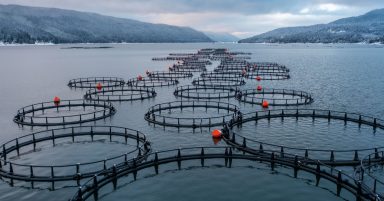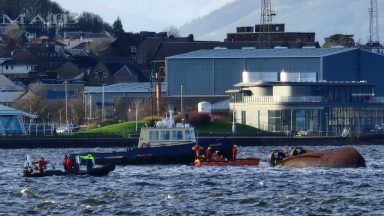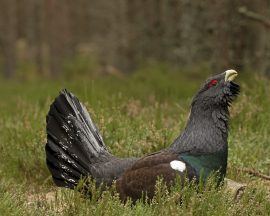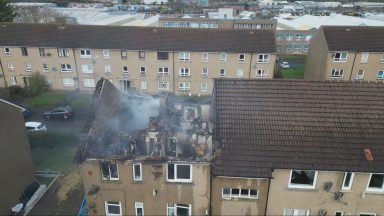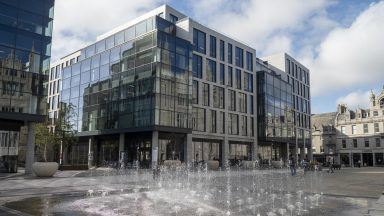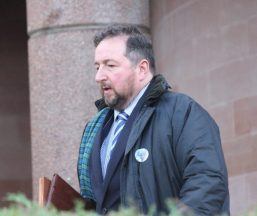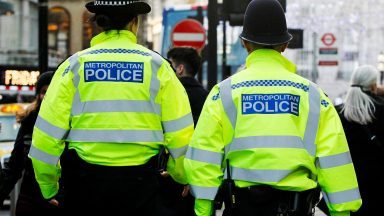An inquiry into the practice of former neurosurgeon Sam Eljamel has attempted to locate him in hospitals in Libya where he is believed to be working, a lawyer has said.
Eljamel was head of neurosurgery at Dundee’s Ninewells Hospital from 1995 until his suspension in December 2013, during which time he is thought to have harmed dozens of patients and left some with life-changing injuries.
Following his suspension, the surgeon resigned from his post in May 2014 and removed himself from the General Medical Register in 2015.
The Eljamel Inquiry into his professional practice was formally set up by Scottish health secretary Neil Gray earlier this year, with a remit that includes how concerns were responded to by his employer NHS Tayside, and whether the systems in place to protect patients were adequate.
At a preliminary hearing in Edinburgh on Wednesday, counsel to the inquiry Jamie Dawson KC said efforts have been made to locate Eljamel in order to secure his participation, since the evidence to be heard is likely to contain “substantial criticism” of him.
Mr Dawson told the inquiry: “The inquiry received information that Eljamel was working in a hospital-based role in Misrata, Libya, though it was not clear which hospital or hospitals.
“The inquiry attempted telephone contact with the largest hospital in Misrata, Misrata Medical Centre, and contacted it by email in April and again in May of this year, seeking information about how to get in contact with him, without success or reply.
“Further information received by the inquiry suggested that Eljamel may be working in a hospital called Al-Nadha hospital.
“Further investigation suggested that there was a hospital with that name in Misrata, Libya, which claimed to specialise, amongst other things, in neurosurgery, spine surgery and chronic pain, a letter was sent to Mr Eljamel at this address on May 28, 2025.”
However, he said, “no reply has been received”, before adding that the inquiry will continue to use “what avenues are available to it” to trace Eljamel.
“If core participants or others are aware of additional information about his whereabouts, or means by which we might contact him, the inquiry would be pleased to hear from them,” he added.
Mr Dawson said 158 “core participants” are set to contribute to the inquiry, including 133 of Eljamel’s former patients, and the representatives of a further 19 patients.
The bodies involved include NHS Tayside, the Scottish Government and Healthcare Improvement Scotland.
Mr Dawson raised concerns about the process for gathering statements from former patients by the independent clinical review (ICR), which was set up by the Scottish Government and is running alongside the inquiry.
“The ICR has not been provided with a structure to assist applicate applicants with the provision of their statements,” Mr Dawson said.
“It has no staff to assist with the taking of applicant statements in any meaningful sense.
“Many of the applicants are traumatised. Many of them are in pain or disabled. I expect most, if not all, are unfamiliar with the process of providing written witness statements.
“I would urge the cabinet secretary to engage with patient representatives on the matters within his control as a matter of urgency.”
Mr Dawson was also critical of the decision by NHS Tayside not to provide legal representation for current and former employees giving evidence to the inquiry.
It is instead limiting its support to “pastoral” and “practical” assistance.
“Are they not simply employees of the board providing evidence about the way that the board, through its employee agents, acted in connection with matters falling within the inquiry’s terms of reference?” he asked.
“I would not expect such employees to have to seek their own advice in that regard, when their statement is provided as an individual agent through whom NHS Tayside transacted its contact with the outside world, as NHS Tayside have indicated that they do not intend to speak at this hearing.”
The inquiry was announced following a long-running campaign by former patients of Mr Eljamel.
Alan Ogilvie, spokesman for the Patients Action Group of former patients, earlier described the preliminary hearing as a “significant, if profoundly delayed, milestone”.
He said: “We have waited two years since the inquiry was first announced, and even longer since we were first harmed, for this process to finally begin in public.
“While we welcome this step, the immense emotional and physical toll of these delays on patients and their families cannot be understated.”
The inquiry, before Lord Weir, is due to hear opening statements from all sides in late November, ahead of the first round of evidential hearings commencing on February 9, 2026.
NHS Tayside said it is actively participating in the Eljamel Inquiry.
Follow STV News on WhatsApp
Scan the QR code on your mobile device for all the latest news from around the country


